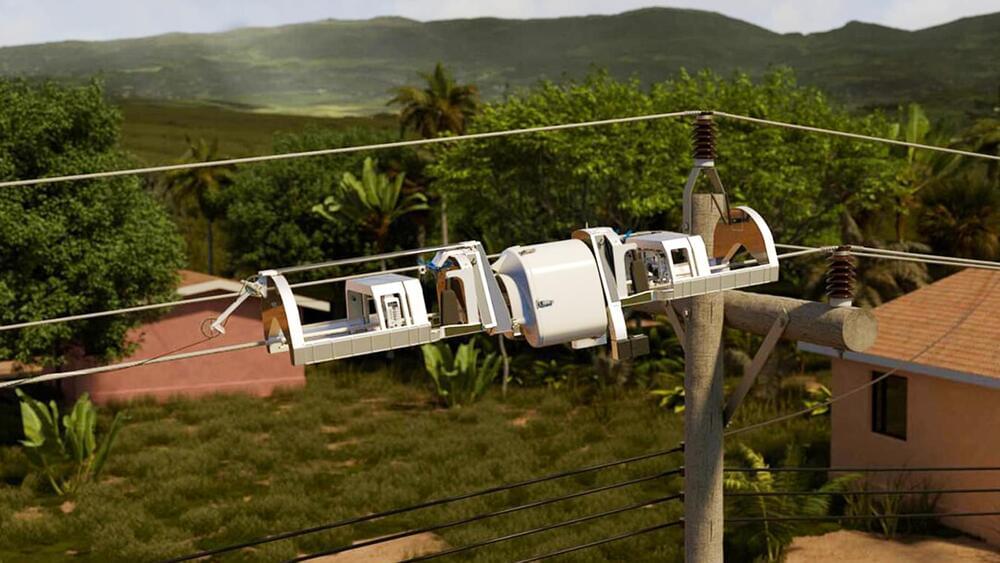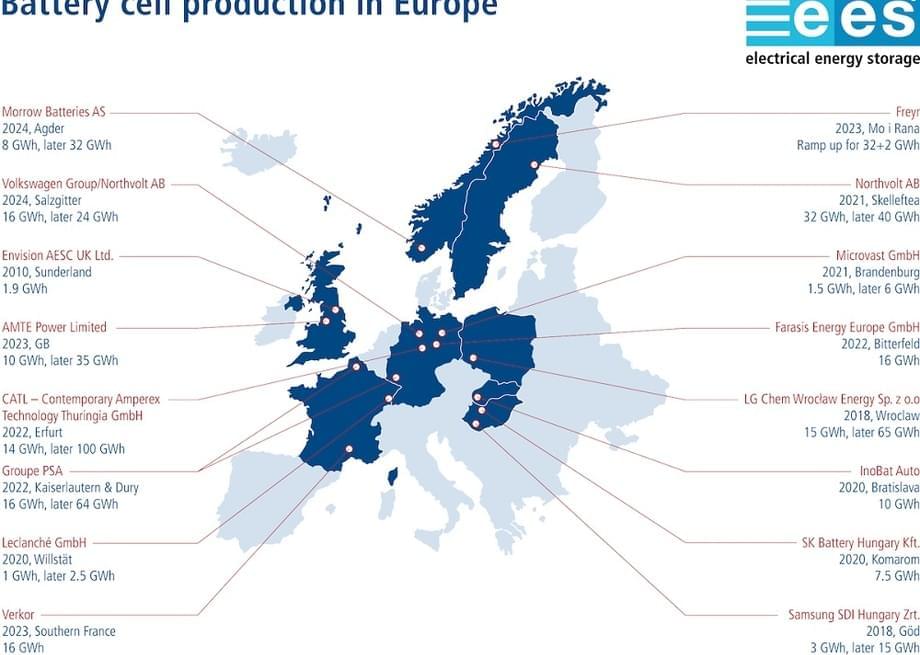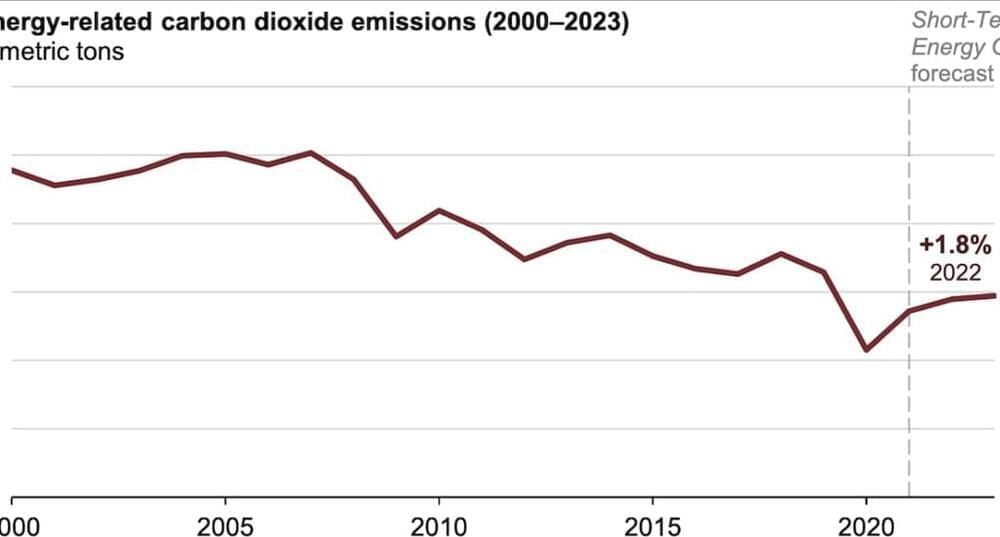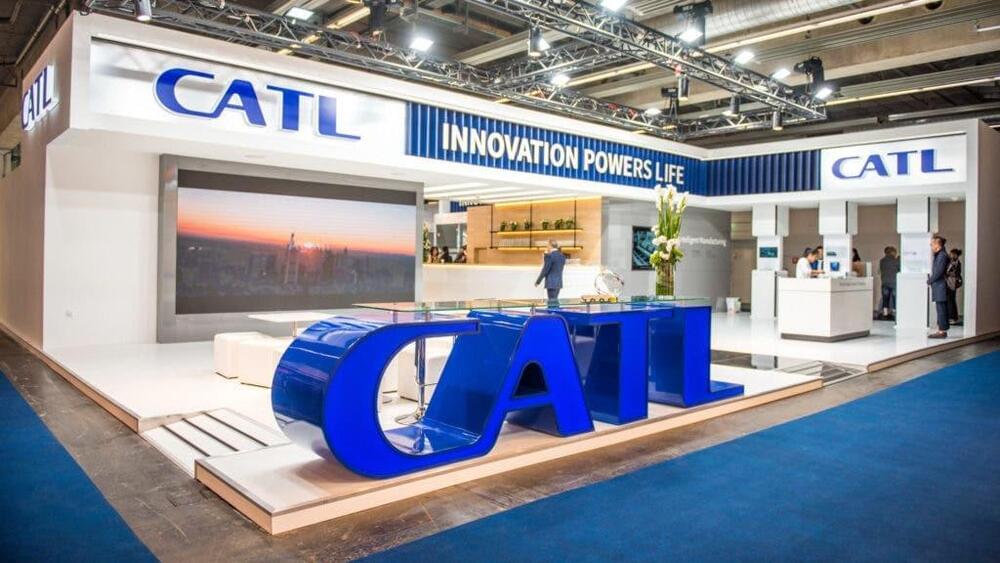CATL warns investors its expansion plans may not keep up with demand and that advanced solid-state batteries won’t be commercially available until 2035 — at the earliest.
The rules that govern stock markets in China are different than they are in other countries. Recently, CATL, the largest battery manufacturer in China, revealed plans to invest enormous amounts of money to increase its production capacity. But first it had to convince the Shenzhen Stock Exchange that its plans were realistic and in line with sound business practices. In response to several questions put to it by the stock exchange, the company said solid-state battery development faces technical difficulties that will prevent mass production from occurring for a long time yet.
According to CnEVPost, CATL was asked to explain the development of technology paths for solid-state batteries, sodium ion batteries, and hydrogen fuel cells, along with the risks that each could pose to its operations and capacity expansion. Solid-state batteries and hydrogen fuel cells have certain technical features and advantages, but there are still unresolved technical problems and barriers to mass production, the company said.
These new technologies are subject to cost economics, performance indicators, and industry chain support constraints, and it will take a long time from technical problem solving and customer certification approval to mass production, CATL said, adding that it is still some distance away from achieving mature commercial applications.






